Where There’s Poetry, Prose Will Surely Follow
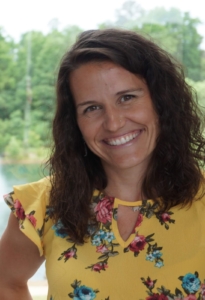 A few weeks ago, I had the honor of hearing Ada Limón read her work at Queens University as part of the Charlotte Lit’s 4X4 Series. Small in stature but huge in heart, her warmth and wit filled the auditorium while her words brought tears to our eyes. One piece in particular struck a chord with me.
A few weeks ago, I had the honor of hearing Ada Limón read her work at Queens University as part of the Charlotte Lit’s 4X4 Series. Small in stature but huge in heart, her warmth and wit filled the auditorium while her words brought tears to our eyes. One piece in particular struck a chord with me.
“The Raincoat” (excerpt)
…My god,
I thought, my whole life I’ve been under her
raincoat thinking it was somehow a marvel
that I never got wet.
And there it was, the reaction I have experienced so many times before when faced with heart-shattering imagery that hits a little too close to home. I had to write. Immediately.
I went home that night and sat at my computer. It wasn’t that I believed I could write poetry of my own or even some polished piece that would someday rival Limon’s brilliance. It was because I am a writer and words are how I process the world. The mother I lost to Alzheimer’s was my raincoat and now I must do the same for my two teenage children. Hearing Limón point it out so boldly left me spiraling with emotions and ideas. There was nowhere to hide.
Poetry makes us better humans by stirring up our emotional pots. It does not mean that we all must write it, but I have countless drafts that started because someone crafted a piece of poetry that shook me to my very core. It was an image or idea staring at me in the sea of blank space on the page. In all that silence, it could not be ignored. My words poured onto the page.
Pandora’s box had been opened to a sea of memories, regrets, resentments, and everything in between for me that September evening. Facing these demons is hard and necessary work, and while prose is my form of choice, I am thankful every day for the poets who awaken my soul to what lies bubbling just below the surface.
ABOUT JAMIE: Jaime Pollard-Smith is a full-time writing instructor at Central Piedmont Community College with a Master of Arts from New York University. Her fiction has been published in Literary Mama. She is a contributor for Scary Mommy and Project We Forgot. Read her thoughts at unbecoming.co.
PUT POETRY INTO YOUR PROSE: Join Jamie for Putting Poetry Into Your Prose on December 2nd, in person at Charlotte Lit. What can the prose writer learn from the poet? Let us count the ways: sound, rhythm, word play, word choice, concision, and so much more. In this session, we’ll read and discuss several prose passages that employ one or more tricks from the poet’s toolbox. Then, we’ll explore the ways we can use those techniques to strengthen our own prose, trying our hands at a few of them through in-class writing prompts.
PLEASE NOTE: Proof of full Covid vaccination is required to attend in-person Charlotte Lit events. Send a pic of your vaccination card to staff@charlottelit.org.

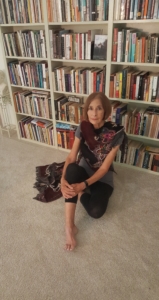
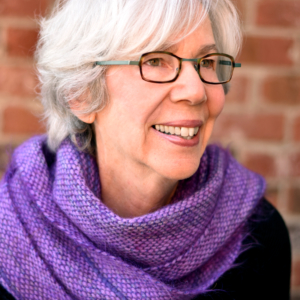


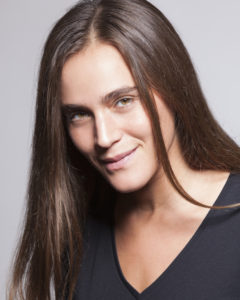
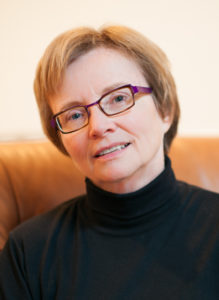
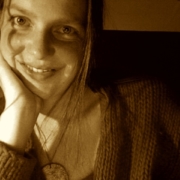 Every Wednesday morning from 9:30 to 10:30 at Charlotte Lit, author Megan Rich offers advice and inspiration, along with a guided prompt to kick writers into gear. She leads “Pen to Paper” a free, open workshop for writers at all levels of experience. It’s a varied group—some are published writers working on memoir, YA, or novels; some not ready, yet, to claim the title “writer”—all benefiting from Rich’s gentle encouragement.
Every Wednesday morning from 9:30 to 10:30 at Charlotte Lit, author Megan Rich offers advice and inspiration, along with a guided prompt to kick writers into gear. She leads “Pen to Paper” a free, open workshop for writers at all levels of experience. It’s a varied group—some are published writers working on memoir, YA, or novels; some not ready, yet, to claim the title “writer”—all benefiting from Rich’s gentle encouragement.